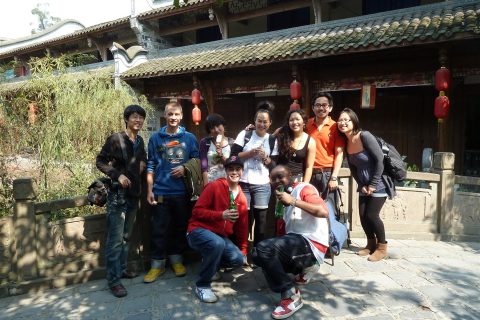What? You don’t speak Chinese?
26/02/2014
Let’s face it, there are plenty of blogs out there about what it’s like to be an expat, …
Being a Chinese Foreigner in China
08/01/2014
You may have read on our blog before about being a foreigner in China and the way the …
How important are Chinese language skills as a foreigner in China?
07/01/2014
Happy New Year to everyone out there:) I’m now back in the office after 2 weeks of travelling …
Being a Laowai
03/12/2013
If you are of non-Asian origins one of the first words you will hear in China is 老外lǎowài …
How To Conduct Yourself at a Chinese Business Dinner
19/04/2013
Philippe Touzin, the Zhuhai Office Manager has many great tips on how to behave at a Chinese Business …
Hiking trip to Laoshan
24/08/2012
Last Saturday we went to Laoshan for some hiking. Laoshan means ‘mountain lao’ and it is located in …







